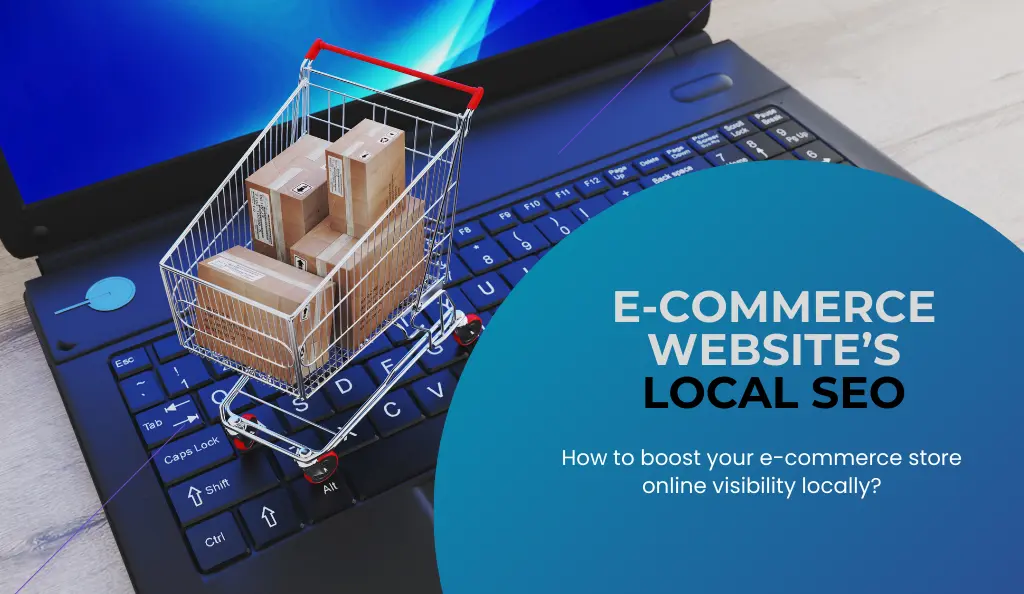business [at] webideasole [dot] com
Loading...

Having a fully functional website isn’t enough to stand out in today’s congested eCommerce sector; a strong local SEO strategy is essential. Improving your local SEO can have a big impact on attracting local customers, whether you’re an established business or an emerging eCommerce company.
You may have missed or will miss opportunities to increase your return on investment (ROI) in this age of smartphones and other potentially crucial items. There is no shortage of businesses out there claiming to be able to increase the number of high-quality leads for their customers, but are they succeeding?
If you own an online store, you can increase your visibility, traffic, and sales by implementing these local SEO strategies. We as a core e-commerce service provider can assure you that these things will definitely go to help you with your business.
Google My Business (GMB) is a powerful tool for any local business, including eCommerce websites. It allows you to manage your online presence across Google, including Search and Maps. To optimize your GMB profile:
Using local keywords is essential to ranking higher in local search results. Research keywords that your target audience is likely to use when searching for products or services in your area.
With the increasing use of smartphones for online shopping, mobile optimization is no longer optional—it’s a necessity. Google prioritizes mobile-friendly websites in search results, so ensure your eCommerce site is responsive and provides a seamless mobile experience.
Backlinks from local websites can significantly improve your local SEO. Reach out to local blogs, news outlets, and business directories to get your website listed.
Social media platforms are excellent for engaging with your local audience and driving traffic to your eCommerce website.
Schema markup helps search engines understand the context of your content, improving your chances of appearing in rich snippets or local pack results.
Regularly tracking and analyzing your local SEO performance is crucial to understanding what’s working and where improvements are needed.
The local search engine optimization (SEO) of your online store is a complex process that calls for constant work and careful attention to detail. Incorporating local keywords, making sure your site is mobile-friendly, constructing local backlinks, making use of social media, utilizing schema markup, and keeping an eye on your performance can all help you optimize your Google My Business profile and boost your exposure in local search results. If you own an online store and want to attract local customers, one of the best things you can do is to hire an SEO agency by searching SEO services near me. Never discount the significance of local SEO; it may hold the secret to realizing your website’s maximum potential.
Reach out, we’d love to hear from you!